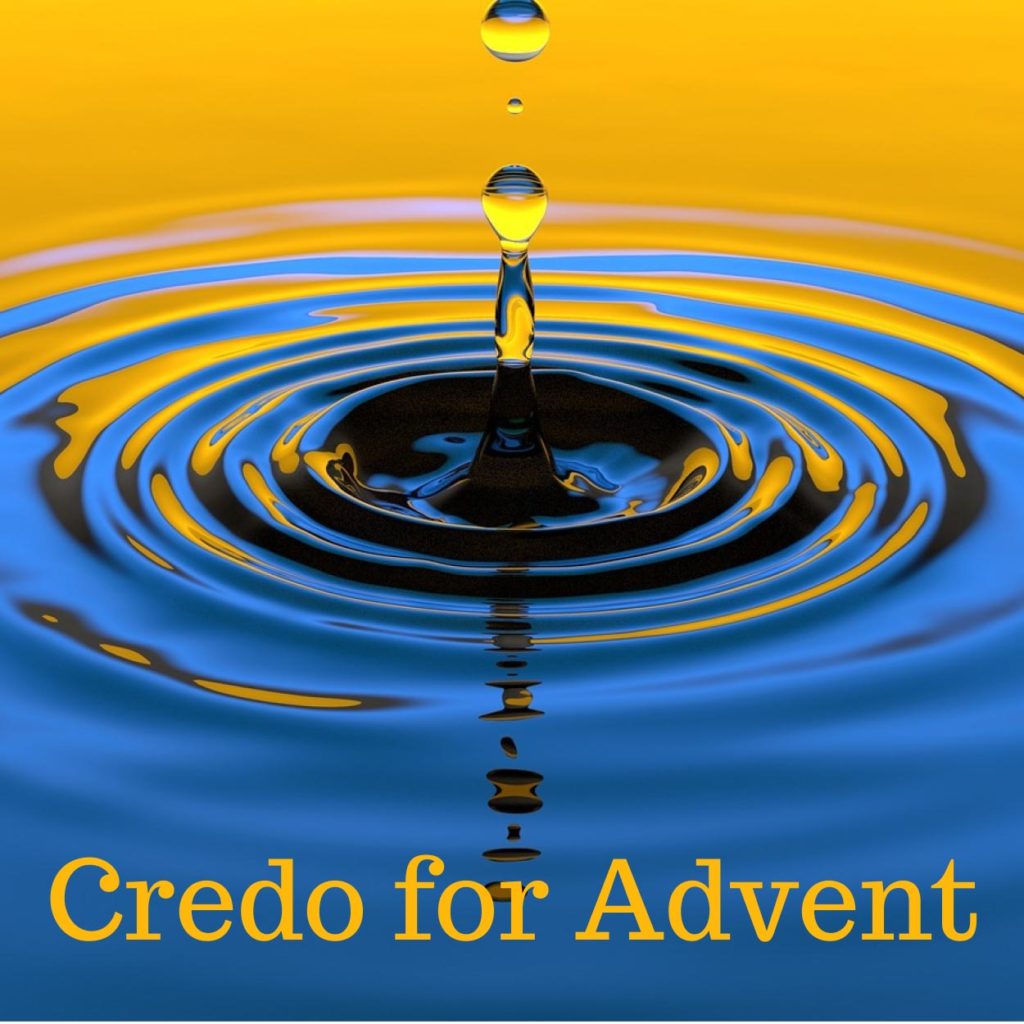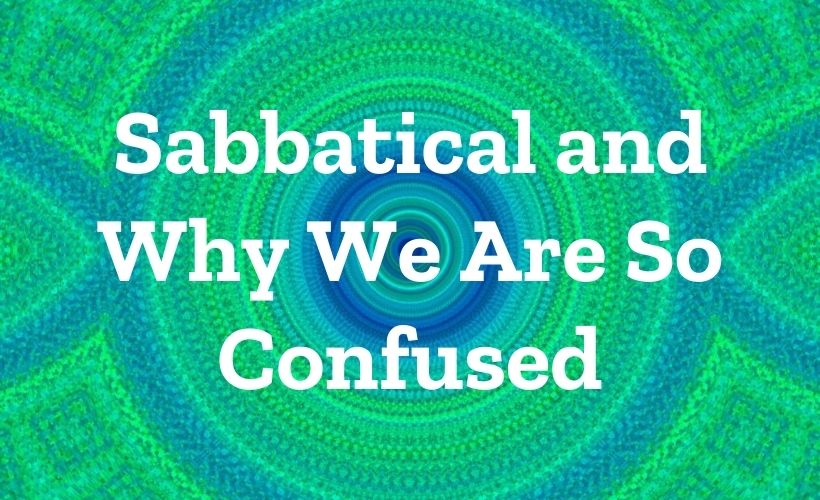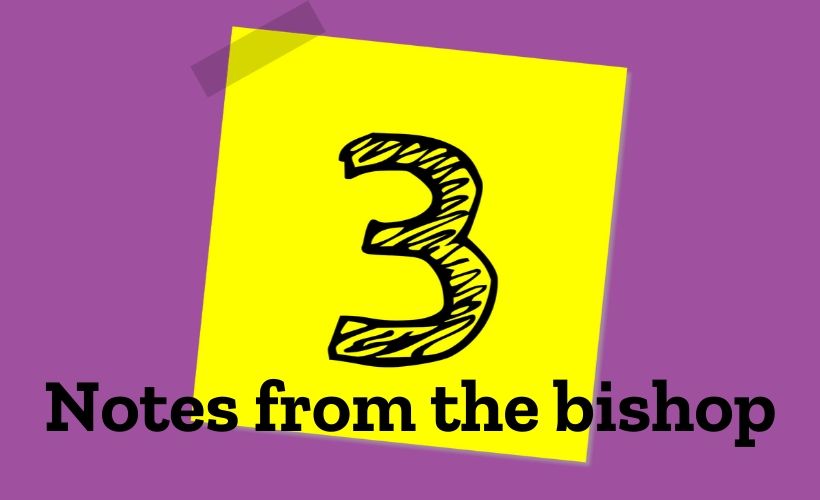Credo for Advent
Credo. Latin for “I believe.” We all believe in something. We all have that pebble tossed into the pond of our life, a center, from which all of our values and convictions and actions emanate. Scientific method. Logic. Trickle-down economics. Karma. God. That something, that center, is what or in what we believe.
Martin Luther, in his Small Catechism’s explanation to the 3rd article of the Apostles’ Creed, claimed that we really can’t choose to believe in Jesus as Lord but that the Holy Spirit through the Gospel empowers that believing. In essence, “I believe that I cannot believe.” On the other hand, Luther was quite objective in refuting the very existence of atheists if one defines God, as he did, as “whatever your heart clings to.” In other words, we all have a God. The critical question is, “Which God?”
Your God, my God, is wherever we put our ultimate trust, and we all put it somewhere, whether we know it or not. Spirituality is getting in touch with what that center is and perhaps nurturing that center to be the deep truth that defines our identity and our hope and eventually our action. It is, simplistically described, a choosing to believe, and a choosing to act based on those beliefs.
So many recent swirls and scandals seem to me all about choosing to believe.
“I believe that Putin meant what he said.”
“I believe the victims speaking out against Roy Moore (and dozens of other accused celebrities).”
“I believe Roy Moore (and dozens of other accused celebrities) when they say they’re innocent.”
“I believe that there is no hard evidence that climate change has been affected by humans.”
“I believe that everyone should have guns everywhere, in schools, in church, and that assault rifles need to be available to all of us in case we have to defend ourselves against a tyrannical government.”
“I believe ____________ (you fill in the blank) is fake news.”
Credos abound, virtually infinitely.
In the Judeo-Christian tradition, life is all about relationship—with God and with one another. We choose to be in relationship based on the trustworthiness of the one/the system/the promise and based on the reliability of the future they promise. The future we pursue is based in our belief. It matters what we believe. It matters foundationally because we live now based in those beliefs.
In most of the things that matter, we will never have all of the “facts,” and yet we are called to believe or not believe, to choose, to act. Things like “I love you.” Things like “forty years ago (forty days ago) that man assaulted me.” “You’re worthless. You’ll never amount to anything.” “You are God’s precious, beloved child, called, claimed, chosen, forgiven, loved, gifted, commissioned before the foundations of the universe by God in Christ.” We must choose. Based on the trustworthiness of the one telling us such things, do we believe them? Or do we choose to believe based on apparent current power and privilege?
A simple philosophical exercise: “Who am I?” Immediately we must ask, in order to answer that, “Who tells me who I am?” The answer to that second question is everybody, from parents to teachers to pastors to politicians to advertisers and more. The critical third question is, “To whom shall I listen?” So yes, we must choose. Better said, we CAN choose. We choose what we believe, in whom we believe.
Advent beckons us with a gracious invitation to focus on the end of all things and proclaims that no matter how many other loud clanging gods shout and scream and seduce us, no matter how much power and privilege and deception and disappointment thwart us, we look beyond what we see now to the end of all things, to the advent of the Christ who comes again to establish in fullness the reign of God which we see now only through a mirror dimly. The one who loves you, who is stronger than your or my sin, stronger than your or my death. The one whom we meet in Word and Sacrament, whom we love in serving those least among us. The one of whom Mary sang who casts down the mighty from their thrones, fills the hungry with good things, lifts up the lowly, scatters the proud in their conceit. The one who welcomes the stranger. The one in whom is the perfect reconciliation of all things. Emmanuel, God with us.
Were there indeed such a one, would you choose to believe? To base your life in such seemingly naïve and absurd and yet life-giving promises. That one’s promised future? And would you live your life as if those promises were the deep, hidden truth of the universe? That’s the Advent challenge I invite you to ponder. Even as God chooses me, chooses you, in the gracious freedom of the Gospel, Advent calls us to choose this future, this promise, this relationship, this truth, this God. Insofar as I am able, I so choose.
Bishop Tim





